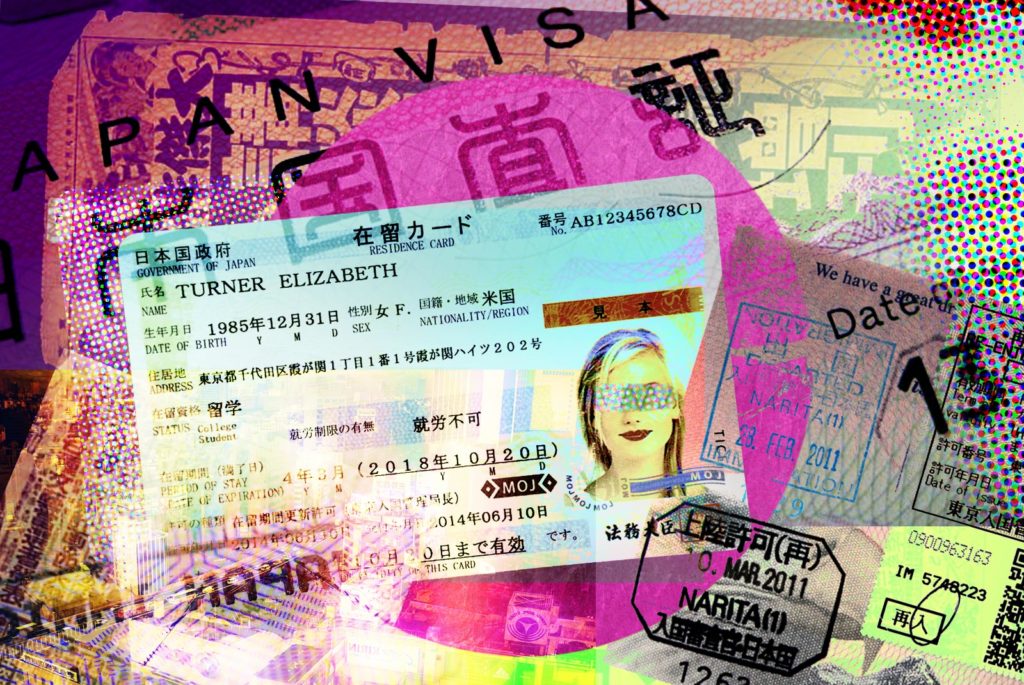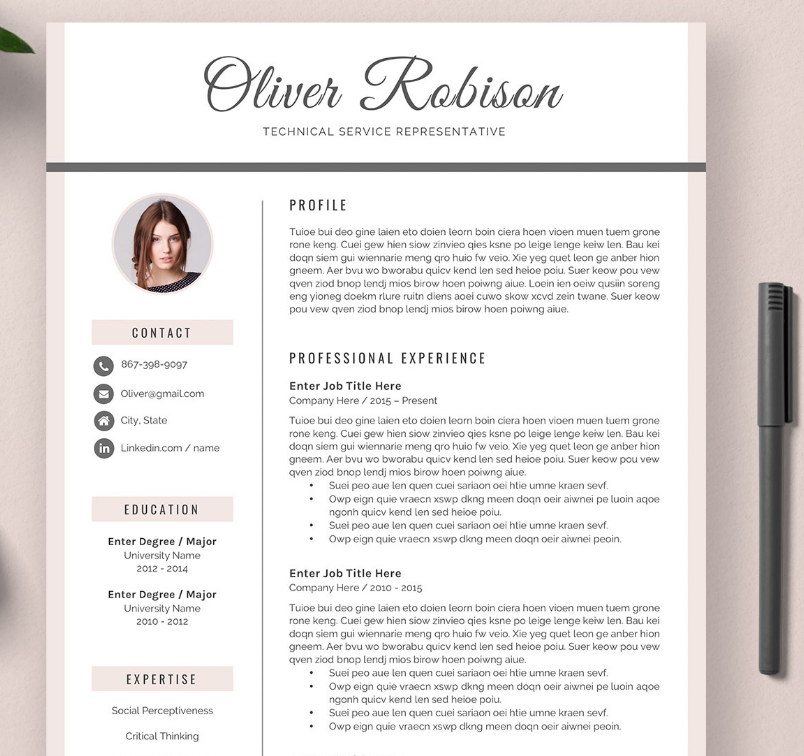
Japan has been a popular destination for EFL teachers for many years. It’s a nation blessed with a rich culture and history, scenic environments, advanced technology, and welcoming people. There is still a high demand for English teachers in Japan and this comes with ample salaries and great benefits. Recently, the annual number of people able to obtain a Working Holiday Visa reached almost 15,000.
Teaching English full-time in Japan requires a Working Visa. This is available only for those who have a degree.
However, through the Working Holiday Programmes between Japan and its partner countries/regions, it’s possible to work in Japan without a degree!
There are two options:
Easy
1. A Working Holiday Visa
Difficult
1. A Specialist in Humanities/International Services Visa
A Working Holiday Visa gives you the opportunity to engage in employment to support your travel in the country. This means that you can legally teach English part-time while on holiday to supplement your travel funds. So, if you love the idea of exploring Japan for a year while teaching English on the side, then a Working Holiday Visa is perfect for you. A Working Holiday Visa doesn’t require prior teaching experience but any diplomas, like the TEFL certificate, that show you are serious about teaching in Japan will help strengthen your application.
If you have at least three years’ experience teaching English—and have paperwork to prove this—you are eligible for the International Services visa.
However, this doesn’t mean it’s going to be easy. You need to find an employer willing to sponsor you and many simply won’t consider applicants who don’t have a degree. But the possibility is there. Read on to find out which visa might work for you.
Teaching English in Japan on a Working Holiday Visa

To teach English in Japan – or in any country – you need a TEFL qualification. A qualification from an accredited and internationally recognised TEFL course provider is key to finding work teaching English if you don’t have a degree.
The aim of a Working Holiday Visa isn’t to teach English full-time for the duration of your stay, but there are a number of part-time jobs available in schools, tutoring, and teaching English online. Eikaiwa schools (English conversation schools) can be found across Japan, in both cities and rural areas, and many will offer part-time jobs suitable for those on Working Holiday Visas. You can also work as a tutor or teaching English online, which gives you the flexibility to work from anywhere in the country!
Who can apply for a Working Holiday Visa in Japan?

You do not have to be a native English speaker or a university graduate to obtain a Working Holiday Visa in Japan. Those who are between 18 and 30 years of age, have never previously been issued a Working Holiday Visa for Japan, and are healthy enough to work may apply.
However, you also need to have a valid passport from one of the following partner countries/regions – Australia, New Zealand, Canada, The Republic of Korea, France, Germany, The United Kingdom, Ireland, Denmark, Hong Kong, Norway, Portugal, Poland, Slovakia, Austria, Hungary, Spain, Argentina, Chile, Iceland, Czech, Lithuania.
What do you need to apply for a Working Holiday Visa in Japan?
To process your application, there are several things you need to prepare along with your valid passport from one of the partner countries/regions:
1. Visa Application Form
Visa application forms can be downloaded online from the Embassy website and are pretty simple to fill out. They cover basic personal details with some additional information. You also have to include a recent (within 6 months) passport-sized photograph of yourself.
2. Curriculum Vitae or Resume

Your CV or resume details your qualifications and employment history. Everything from your education to any work experience should be stated on it. All information must be correct, easy to read, and fit within two pages of A4 paper.
3. Itinerary
An itinerary gives an outline of what you intend to do on your trip while providing information about any pre-arranged employment you may have found, including salaries you can expect. It is essential for the Japanese authorities to know your whereabouts in case they need to contact you. Try to put in as much detail as you can but also leave room for flexibility in your travel plans.
If you do not provide enough or realistic information then you risk being turned down. On the other hand, a Working Holiday Visa is issued so you can spend your days and money touring the country. If you only plan to work for the duration of your stay, then you should be applying for a Working Visa instead.
4. Written Reason for Applying for a Working Holiday Visa in Japan

‘Why do you want to apply for a Working Holiday Visa?’ This is the question you need to answer in your letter. Think clearly about what you are going to write. You need to explain in detail what draws you explicitly to Japan. Your statement should show genuine interest in experiencing Japanese culture.
5. Money
Money isn’t everything but it does play a significant role in your visa application. The Consulate wants to give visas to applicants with enough funds to support themselves while in Japan and the means to go back home when their visa expires. (Note: Traveler’s cheques, credit cards, and overdrafts are not accepted.)
You will need 3,200 USD in your account or 2,000 USD if you already booked your return flight. Depending on where you are from, you might be asked to provide three months’ worth of bank statements. Give yourself the best chance for success by showing proof that your finances are in order.
6. Other Requirements

There are a few other requirements for applying for a Working Holiday Visa. Children or other dependents cannot go with you, and any spouse or partner you wish to accompany you must also have a valid Working Holiday Visa or something similar (Note: This increases the amount of funding you need to raise for the trip).
Some jobs that are considered to be damaging to public morals are strictly prohibited for anyone coming to Japan on a Working Holiday Visa. These include working in bars, cabarets, nightclubs, and gambling establishments. Failure to comply with the terms of your visa can lead to detainment by the Japanese authorities followed by deportation. You might even be banned from re-entering Japan!
Why should you apply for a Working Holiday Visa in Japan?

The Working Holiday Visa is an excellent option for anyone wanting to visit Japan and work there for a short amount of time! If you meet the requirements, take advantage of the amazing opportunity to visit the Land of the Rising Sun, meet its people, and explore its places. The provision that allows you to work during your stays even without a university degree ensures that you will have enough money for the duration of your stay.
For more information about applying you can visit the Japanese embassy website. Visit GaijinPot Jobs to find teaching jobs in Japan.
Is the Working Holiday Visa the only way?

There is one other option for teaching English in Japan without a degree – the International Services visa. If you have at least three years’ experience teaching English – and have paperwork to prove this – you are eligible for this visa.
However, this doesn’t mean it’s going to be easy. You need to find an employer willing to sponsor you and many simply won’t consider applicants who don’t have a degree. In order to get a job on an International Services visa, you’re going to need an exceptional application and really ace the interview. Be prepared to apply for job after job, but know that if you have the relevant experience, are an excellent teacher, and can put together a stellar application then you’re in with a chance!
If you’re in the early stages of your TEFL career and have little or no experience, then keep reading to find out if the Working Holiday visa is for you.
In order to get a job on an International Services visa, you’re going to need an exceptional application and really ace the interview. Be prepared to apply for job after job, but know that if you have the relevant experience, are an excellent teacher, and can put together a stellar application then you’re in with a chance!














